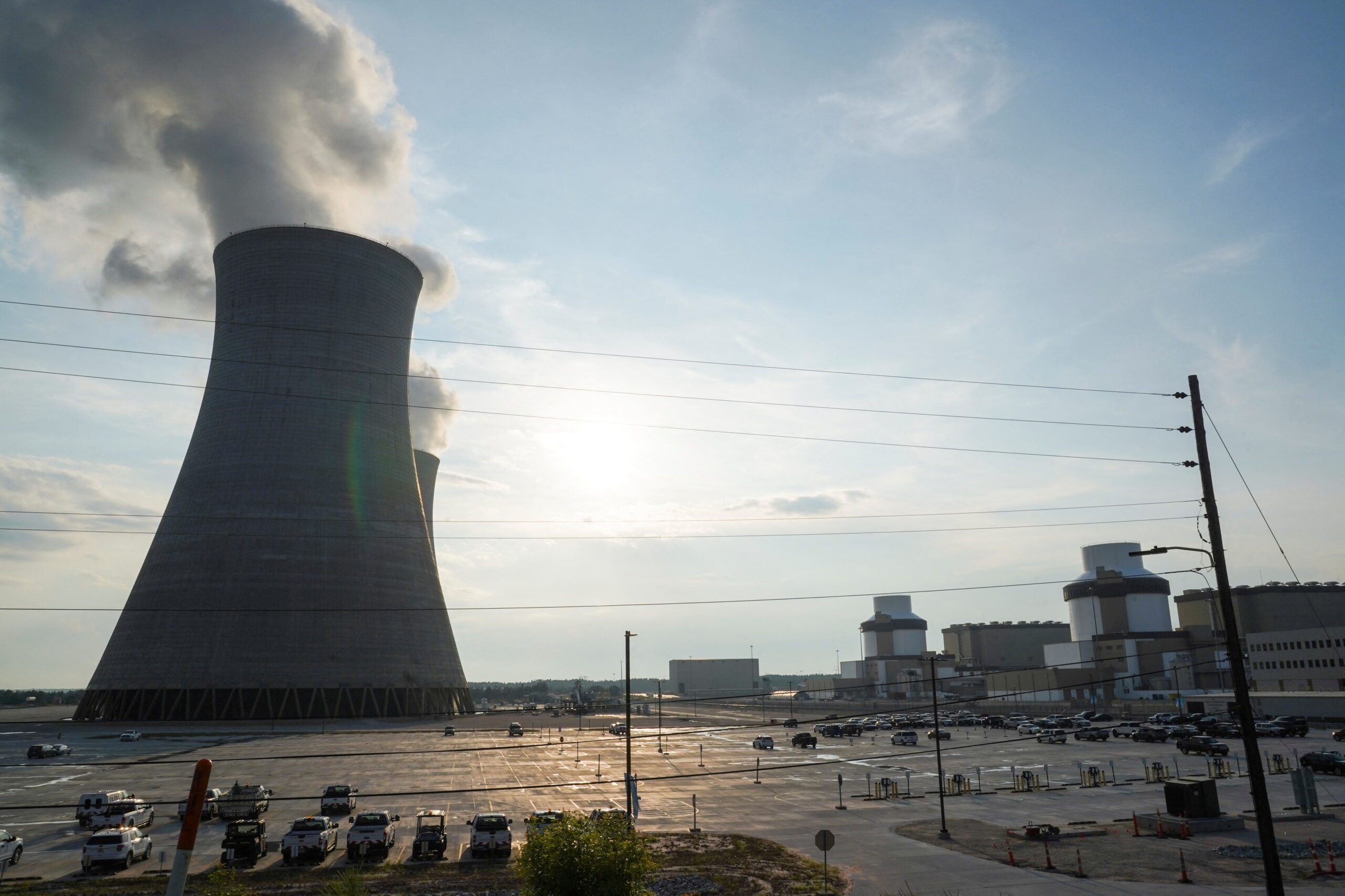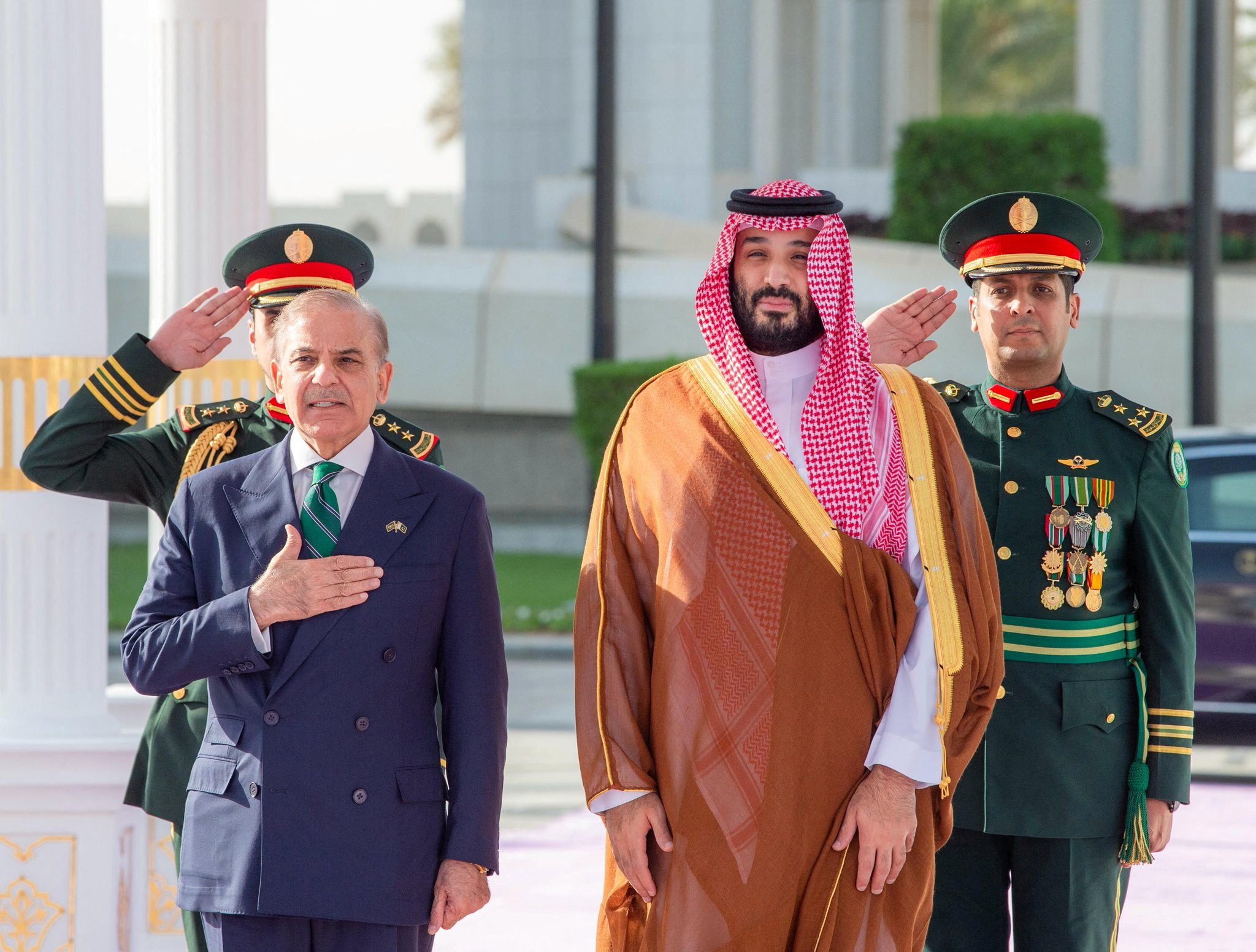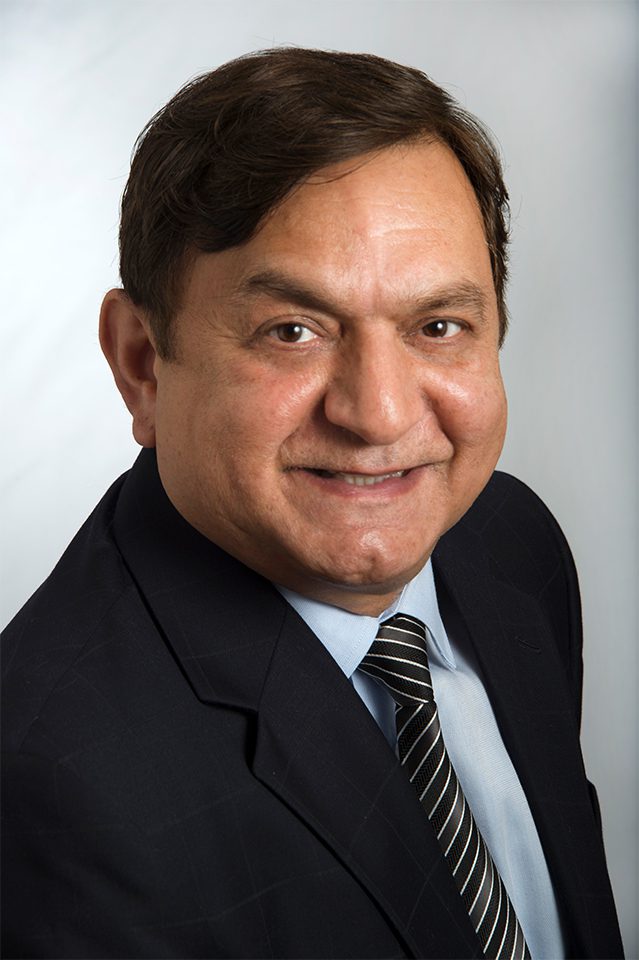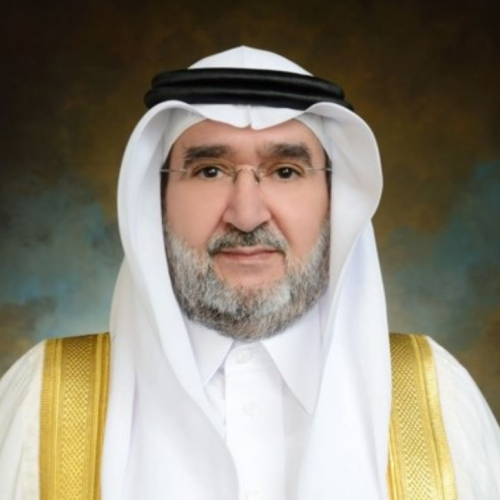Washington faces a crucial decision on Syria in the coming weeks, with massive implications for its entire Middle East agenda.
Because the strategic situation in Syria has been relatively stable – largely in favour of the regime – since the fall of Aleppo in December, the external parties that have gained major leverage during the conflict are starting to define how to end it and what will come next.
At the Astana talks, Russia and Turkey, with the grudging cooperation of Iran, have agreed to create four “de-escalation zones”. These are essentially the “safe areas” for displaced persons, supposedly free of conflict, that Donald Trump and others cite.
But there has been no American involvement in these conversations or this agreement, because for years there has been no effort by Washington to try to shape the nature or outcome of the conflict.
It’s no mystery why Russia and Turkey like this idea. Both Ankara and the Bashar Al Assad regime benefit from fragmentation in Syria. Mr Al Assad can prevent opposition groups and areas from uniting, and Turkey can ensure that Kurdish areas along its southern border don’t consolidate either.
The agreement, which may have little or no buy-in from many Syrian armed parties, nonetheless reflects the interests of both the Turks and the Russians and their Syrian clients, which is why they agreed to it, at least theoretically.
Meanwhile, all the articulated American aims in Syria are in desperate trouble. Indeed, the chances of achieving them are dwindling daily, and in many cases may well soon evaporate altogether.
Washington says its biggest priority in Syria is eliminating ISIL, and especially ousting it from Raqqa. But it is glaringly obvious that Al Qaeda affiliates, which have been increasingly dominating much of the opposition since the fall of Aleppo, are at least as dangerous a terrorist threat as ISIL, and probably more.
Also, an additional imperative is rolling back the Iranian presence and influence in Syria, and, even more importantly, reducing Hizbollah’s newfound power and influence there. And, following the regime’s renewed use of sarin gas, the Trump administration has returned the United States to the view that Mr Al Assad cannot be part of the long-term solution in Syria.
Every single one of these goals is rapidly becoming unrealisable because of a single, overarching failing: the lack of any reliable and sizeable pro-American force on the ground drawn largely from and representing the Sunni Arab majority.
Take the campaign to liberate Raqqa. Washington has been assuming Kurdish militias will lead that battle. But they can’t.
First, there’s no reason to believe Turkey would allow that, especially with American forces compelled to intervene directly to prevent their two allies inside Syria, Turkish soldiers and Kurdish militants from devouring each other.
Second, there’s no reason to believe the Kurdish forces are willing to spend the massive, and largely military, resources and energy required for post-conflict stabilisation in Raqqa and its surroundings, far from their own areas.
Third, there’s no reason to believe the local population would welcome what would be, in effect, Kurdish rule.
In short, the Kurdish militia is simply the wrong force to lead this battle, no matter how keen the Americans are on them. So, who could?
What about Al Qaeda now dominating much of the opposition? This is largely a function of how impotent other groups have become, mainly because they have been so badly neglected.
What could challenge Iran and Hizbollah’s long-term presence in Syria, and the consolidation of a game-changing literal land bridge between Iran and both Lebanon and the Mediterranean coast, running directly through Syria and controlled by Iranian and Hizbollah forces?
What could change the calculations in Damascus to prompt the eventual replacement of Mr Al Assad?
And how can Washington earn a seat at the negotiations, not merely as observers, but as real players with skin in the game and an actual voice in what happens in Syria?
The answer to all of these questions is the same: the United States must bite the bullet and seriously and rapidly work to create its own, powerful, viable, well trained and well armed Syrian allies, based largely on the ample and sincere nationalistic Sunni Muslim community.
If Washington does not do this – which it certainly could and is mainly a matter of determination, clout and funding – it can kiss goodbye to the war against ISIL and Al Qaeda, rolling back Iran and Hizbollah, being taken seriously by Russia and Turkey, and having any role in shaping the nature and outcome of the Syrian conflict.
Trump administration officials say their two main regional priorities are counterterrorism and confronting Iran.
If they’re at all serious about that, they can no longer stay passively on the sidelines in Syria, where the future of both terrorism and Iranian power in the Middle East are being decided right now, in real time.
This article was originally published by The National.
The views represented herein are the author's or speaker's own and do not necessarily reflect the views of AGSI, its staff, or its board of directors.
























May 8, 2017
How America Can Influence the Syrian Conflict
Washington faces a crucial decision on Syria in the coming weeks, with massive implications for its entire Middle East agenda. Because the strategic situation in Syria has been relatively stable – largely in favour of the regime – since the fall of Aleppo in December, the external parties that have gained major leverage during the...
4 min read